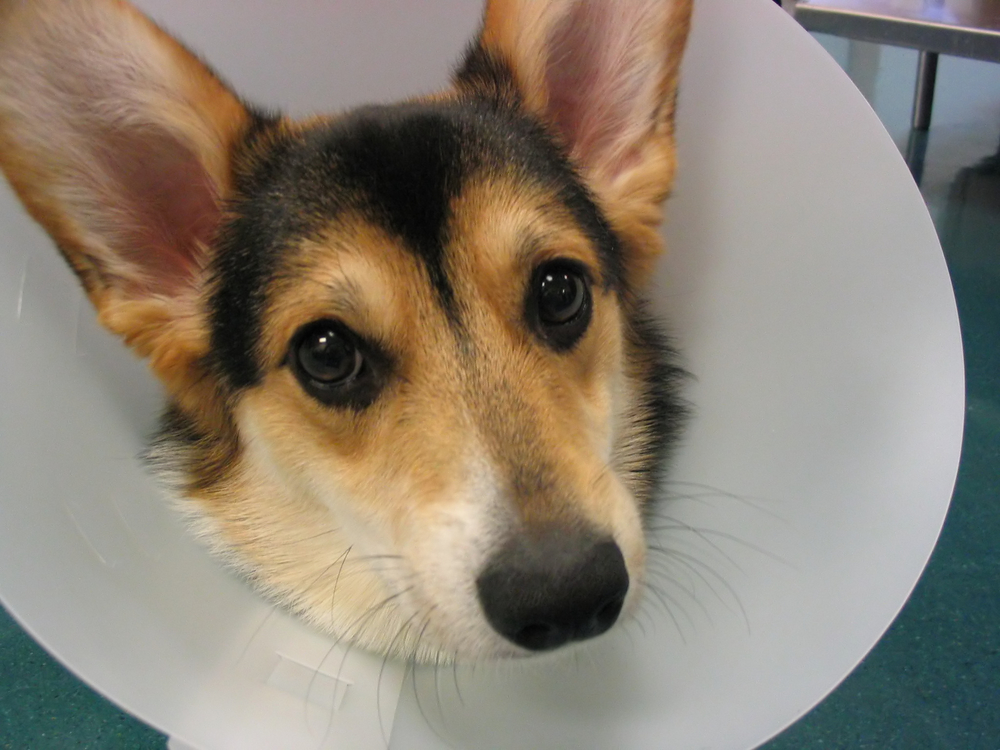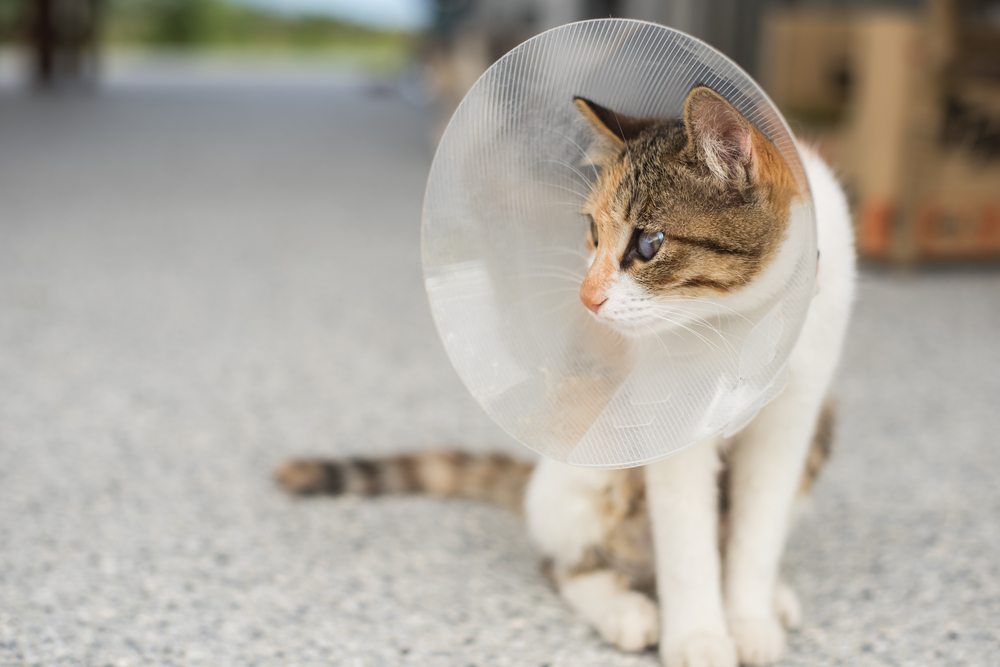The Importance of Spaying & Neutering Your Pets

What is Spaying and Neutering?

Spaying
Spaying, also known as an ovariohysterectomy, is a surgical procedure performed on female animals. It involves the removal of the ovaries and uterus, rendering the animal incapable of reproduction. This procedure is typically done under general anesthesia and is performed by a licensed veterinarian.
Neutering
Neutering, also known as castration, is the removal of the testicles in male animals. Like spaying, this procedure is conducted under general anesthesia by a licensed veterinarian.
7 Benefits of Spaying and Neutering Your Pets
1. Health Benefits
Prevention of Diseases: Spaying helps prevent uterine infections and significantly reduces the risk of breast tumors, which are malignant in about 50% of dogs and 90% of cats. Neutering prevents testicular cancer and reduces the risk of prostate problems.
2. Longevity: Pets that are spayed or neutered tend to live longer. This is partly because they are less likely to roam away from home in search of a mate, reducing their risk of injury from traffic accidents or fights.
3. Behavioral Benefits
Reduction in Aggression: Neutered males are often less aggressive and less likely to engage in territorial marking behaviors. This can lead to a more peaceful home environment and fewer altercations with other animals.
4. Decreased Roaming: Both spayed and neutered pets are less likely to roam in search of a mate, which decreases their risk of getting lost or injured.
5. Elimination of Heat Cycles: Female pets that are spayed will no longer go into heat. This can prevent the yowling and other behaviors associated with heat cycles in cats and reduce the mess and behavioral changes in dogs.
6. Community Benefits
Control of Overpopulation: One of the most significant benefits of spaying and neutering is the reduction in the number of unwanted animals. Shelters across the country are overwhelmed with homeless pets, many of which are euthanized due to a lack of resources and homes. By spaying and neutering our pets, we can help reduce this overpopulation crisis.
7. Reduced Stray Population: By decreasing the number of unwanted litters, we also reduce the number of strays on the streets. Stray animals often suffer from hunger, disease, and injury, and they can also pose a risk to public health and safety.
Schedule Your Pets Next Appointment at Takoma Park Animal Clinic









